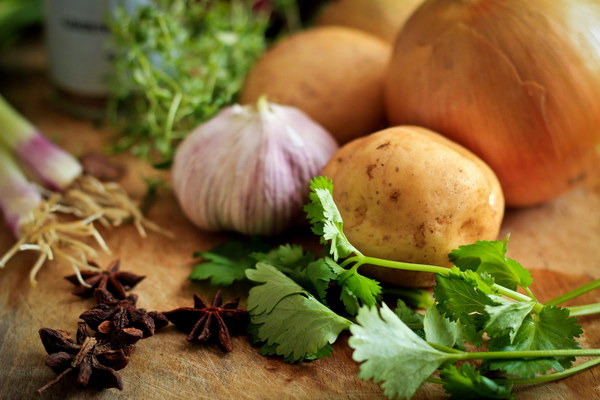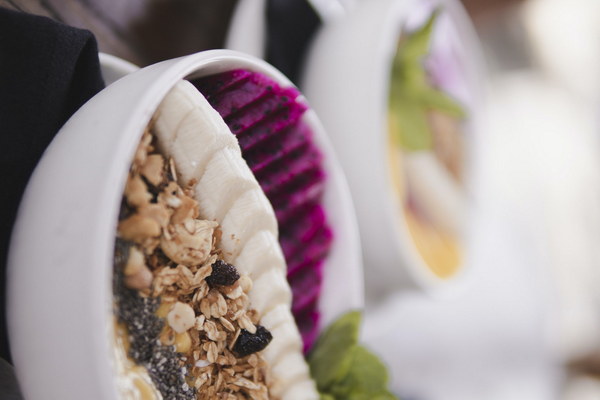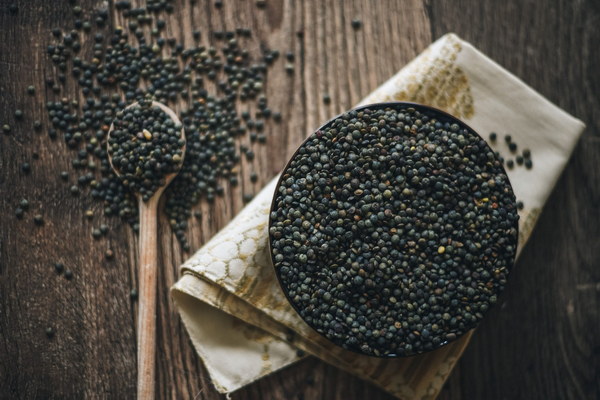Does Consuming Nourishing Herbs in Soup Affect Milk Supply A Comprehensive Guide
In the world of breastfeeding, every decision a mother makes revolves around ensuring the health and well-being of her baby. One common concern among breastfeeding mothers is whether consuming certain nourishing herbs in soup can affect milk supply. This article delves into this topic, exploring the potential effects of these herbs and offering guidance for new mothers.

Introduction
Breastfeeding is a natural and essential part of nurturing a newborn. It provides the baby with essential nutrients, antibodies, and comfort. However, it's not uncommon for new mothers to seek ways to increase their milk supply, especially if they feel their little one is not getting enough. Nourishing herbs are often used in traditional medicine for their health benefits, but their impact on breastfeeding milk supply is a topic of much debate.
Understanding Milk Supply
Milk supply is primarily influenced by the frequency of breastfeeding and the baby's demand. When a baby suckles, it stimulates the mother's body to produce more milk. However, certain herbs and foods are believed to have properties that can either enhance or diminish milk production.
Common Nourishing Herbs Used in Soup
Several herbs are commonly used in soups and teas to promote health and well-being. Some of these include:
1. Fenugreek
2. Fenugreek seeds
3. Blessed thistle
4. Goat's rue
5. Fennel seeds
6. Anise seeds
7. Oatstraw
Can These Herbs Affect Milk Supply?
The question of whether these herbs can affect milk supply is not straightforward. Some studies suggest that certain herbs may indeed help increase milk production, while others indicate that they might not have a significant impact or could potentially decrease milk supply.
1. Fenugreek: Fenugreek is one of the most well-known herbs for increasing milk supply. Many breastfeeding mothers report positive results from taking fenugreek supplements or consuming fenugreek seeds in their diet. However, scientific evidence supporting its effectiveness is limited.
2. Blessed Thistle: This herb has been used traditionally to boost milk supply. Some studies suggest that blessed thistle may increase milk production, but more research is needed to establish its efficacy.
3. Goat's Rue: Goat's rue is another herb that is believed to enhance milk supply. It contains compounds that mimic the effects of the hormone prolactin, which stimulates milk production. However, it should be used under medical supervision due to its potential side effects.
4. Oatstraw: Oatstraw is often used to support overall health and well-being, but its direct impact on milk supply is not well-documented.
Potential Risks and Considerations
While some herbs are thought to increase milk supply, it's important to consider the following:
- Allergic Reactions: Some mothers may have an allergic reaction to certain herbs, which can cause discomfort or even serious health issues for both mother and baby.
- Interactions with Medications: Certain herbs can interact with medications that the mother is taking, potentially leading to adverse effects.
- Quality and Safety: It's crucial to use high-quality herbs that have been properly sourced and processed.
Conclusion
The impact of nourishing herbs on milk supply is a complex issue that requires careful consideration. While some herbs are believed to enhance milk production, the evidence is not conclusive. It's advisable for breastfeeding mothers to consult with healthcare professionals before incorporating these herbs into their diet. Each mother's experience is unique, and what works for one may not work for another. It's best to prioritize a well-balanced diet and regular breastfeeding sessions to support a healthy milk supply.









